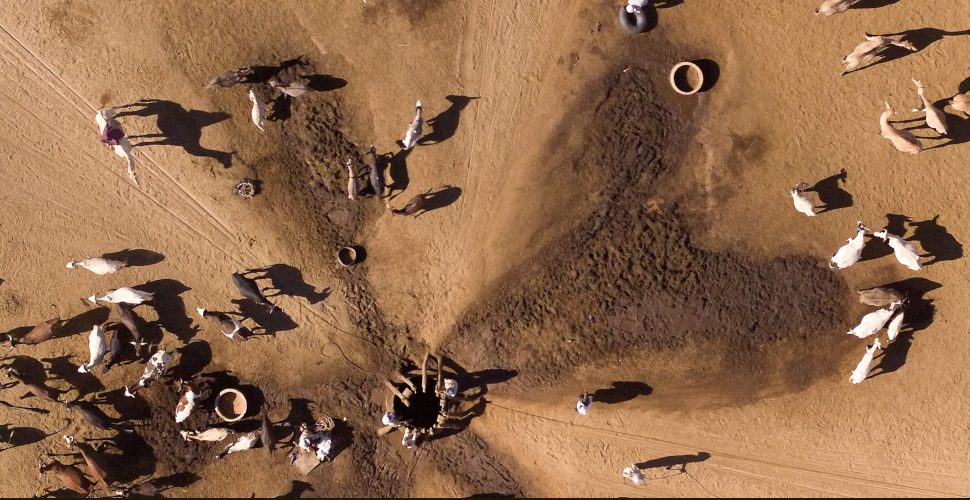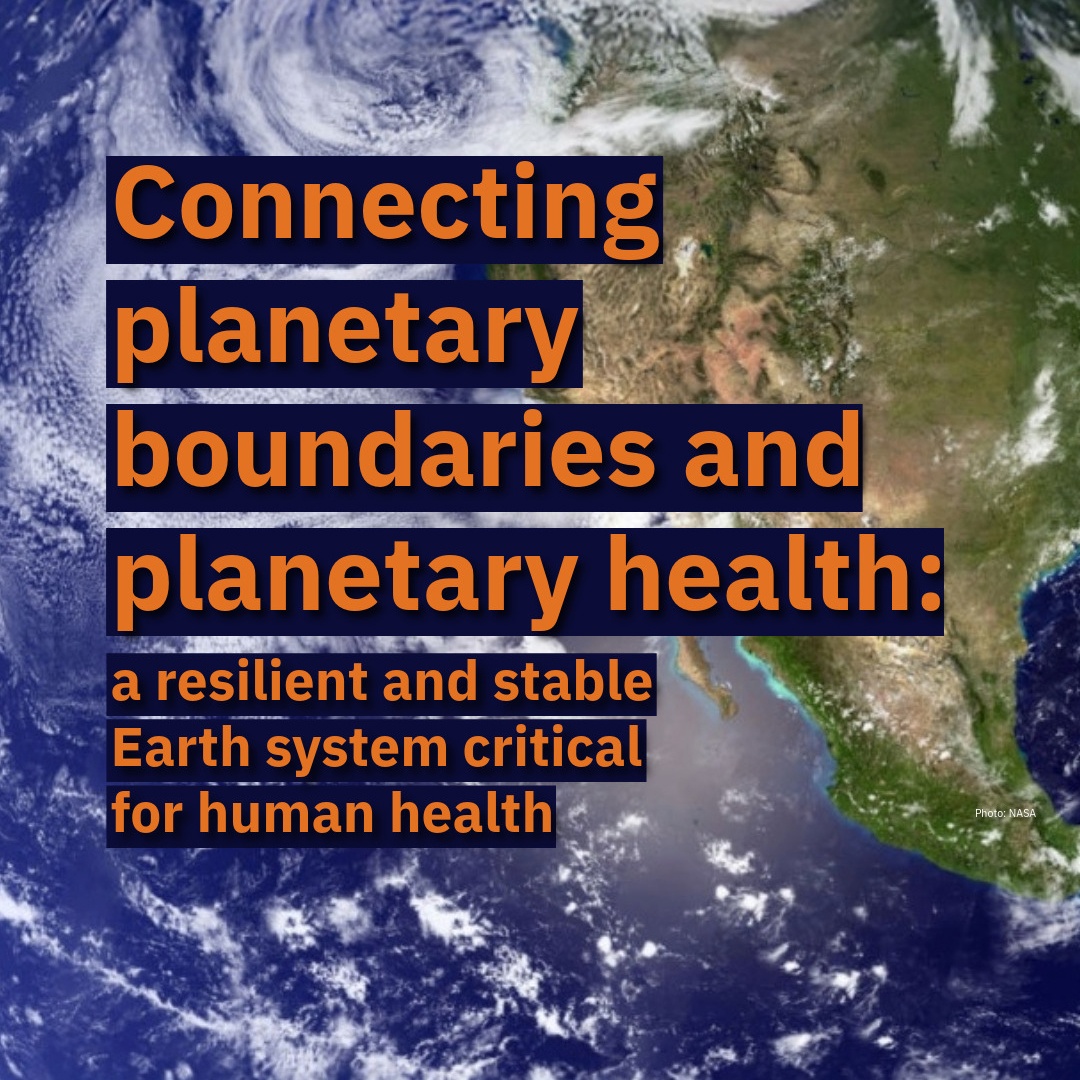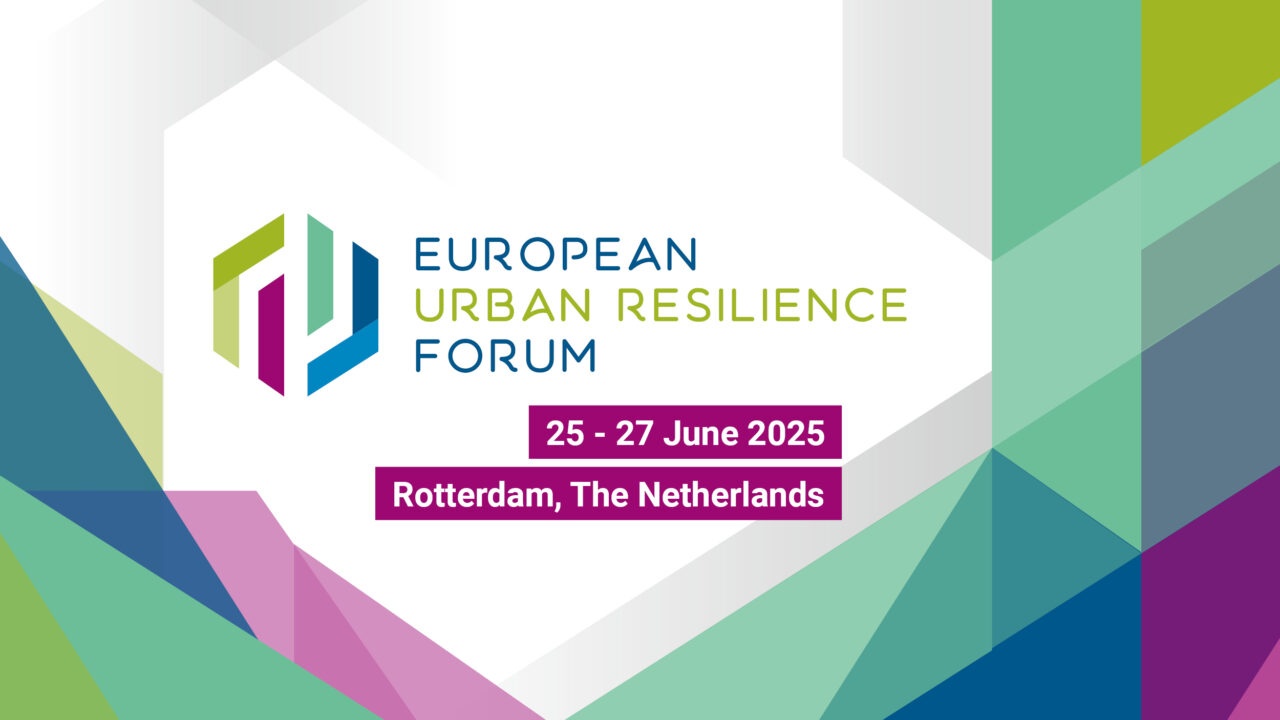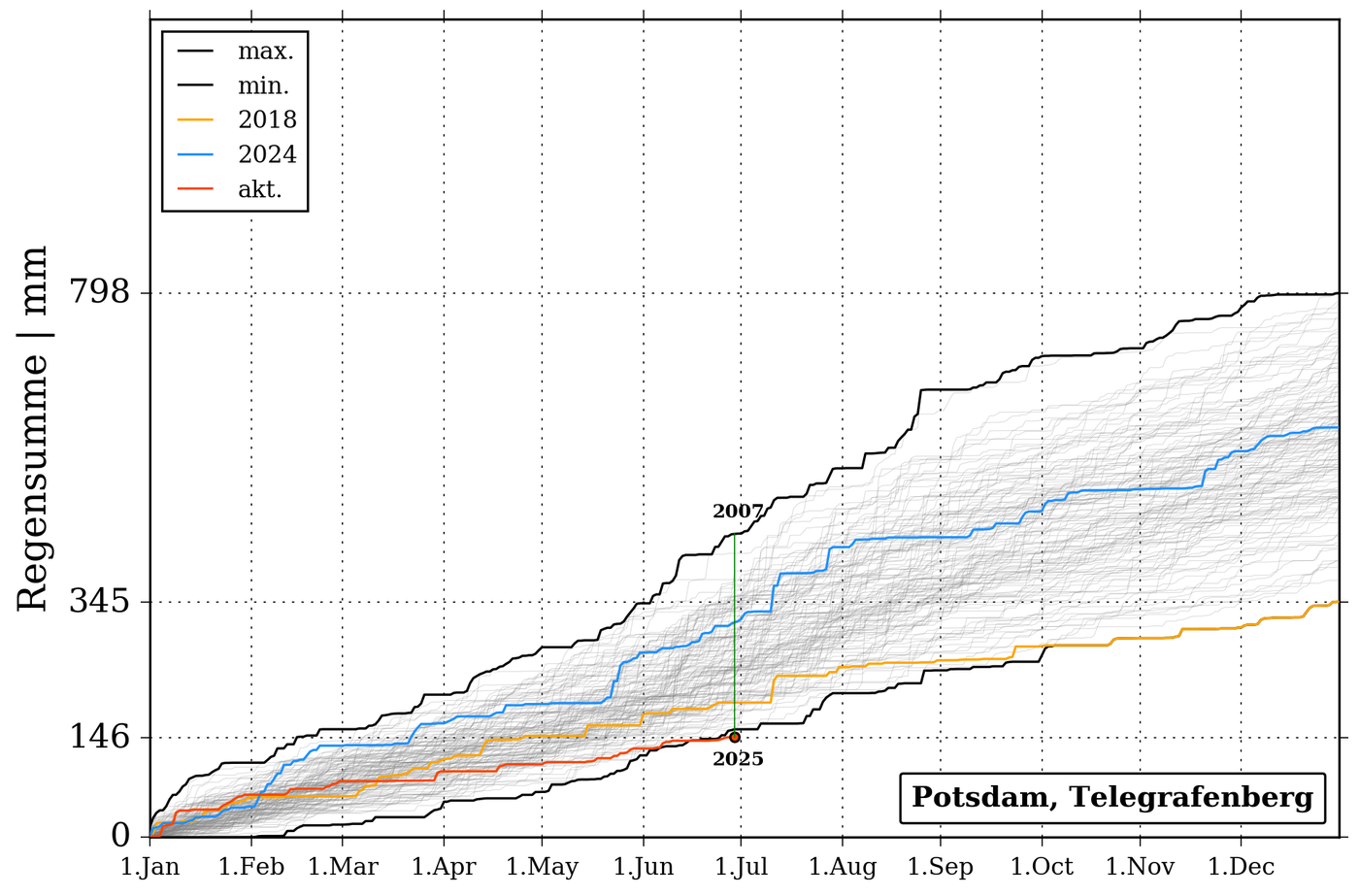How can we assure climate-resilient and sustainable development in different sectors and across scales by managing the Global Commons within Planetary Boundaries?
RD2 strives to improve the understanding of climate resilience, i.e. resilience of social and ecological systems to climate change, in various sectors and across multiple spatial scales. As a general framing for RD2 research, resilience entails aspects of persistence—the capacity of systems to resist and absorb short-term shocks, yet remain within critical thresholds; adaptability—the capacity to recover, adjust to changing external drivers, and thereby remain on the current trajectory; and transformability—the capacity to cross thresholds, if necessary, into new, robust long-term development trajectories.
Overarching topics:
- Improving climate resilience of societies and ecosystems by investigating which climate impacts, socio-economic damages and uncertainties are to be expected at different levels of global warming, and which factors determine the resilience of societies and ecosystems.
- Assessment of multi-sectoral climate impacts and adaptation strategies related to land use, agriculture, forests, hydrological systems, human health, urban systems, and socio-economic development, by applying improved methods on multi-sectoral interactions.
- Promoting climate-resilient and sustainable development by investigating the synergies between climate change adaptation, emission mitigation, and human and planetary health, and by improving the understanding of climate-resilient and sustainable development pathways in rural and urban regions.
RD2 researchers apply empirical and process-based models to quantify climate impacts and improve the understanding of how climate resilience interacts with planetary boundaries at different scales. For example, climate impacts on land productivity and water availability may reduce the tolerable thresholds for human use beyond which key Earth system functions may not be sustained. Managing the global commons needs to take climate impacts and adaptation into account, as potential common goods like land, water, forests, or oceans are increasingly affected by climate change alongside socio-economic pressures. The societal goal of climate-resilient management of the global commons within planetary boundaries is to maintain and improve human health and well-being.
Scientific Coordination:
Peggy Michaelis
Phone: +49 331 288 2665
Office:
Stephanie Massar
Phone: +49 331 288 2637
Email: rd2team@pik-potsdam.de















